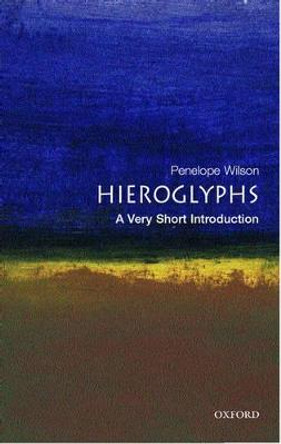Epicureanism is commonly associated with a carefree view of life and the pursuit of pleasures, particularly the pleasures of the table. However it was a complex and distinctive system of philosophy that emphasized simplicity and moderation, and considered nature to consist of atoms and the void. Epicureanism is a school of thought whose legacy continues to reverberate today. In this Very Short Introduction, Catherine Wilson explains the key ideas of the School, comparing them with those of the rival Stoics and with Kantian ethics, and tracing their influence on the development of scientific and political thought from Locke, Newton, and Galileo to Rousseau, Marx, Bentham, and Mill. She discusses the adoption and adaptation of Epicurean motifs in science, morality, and politics from the 17th Century onwards and contextualises the significance of Epicureanism in modern life. ABOUT THE SERIES: The Very Short Introductions series from Oxford University Press contains hundreds of titles in almost every subject area. These pocket-sized books are the perfect way to get ahead in a new subject quickly. Our expert authors combine facts, analysis, perspective, new ideas, and enthusiasm to make interesting and challenging topics highly readable.
About the AuthorCatherine Wilson is Emeritus Professor of Philosophy at York University and a member of the Graduate Faculty of the City University of New York. She is the author of a number of books and articles on the history and philosophy of science and on the Epicurean influence on moral and political theory, including the highly regarded monograph, Epicureanism at the Origins of Modernity (OUP, 2008).
Book InformationISBN 9780199688326
Author Catherine WilsonFormat Paperback
Page Count 160
Imprint Oxford University PressPublisher Oxford University Press
Weight(grams) 128g
Dimensions(mm) 174mm * 114mm * 9mm










